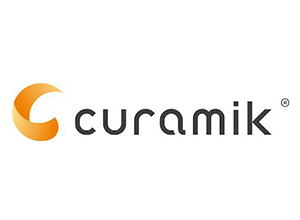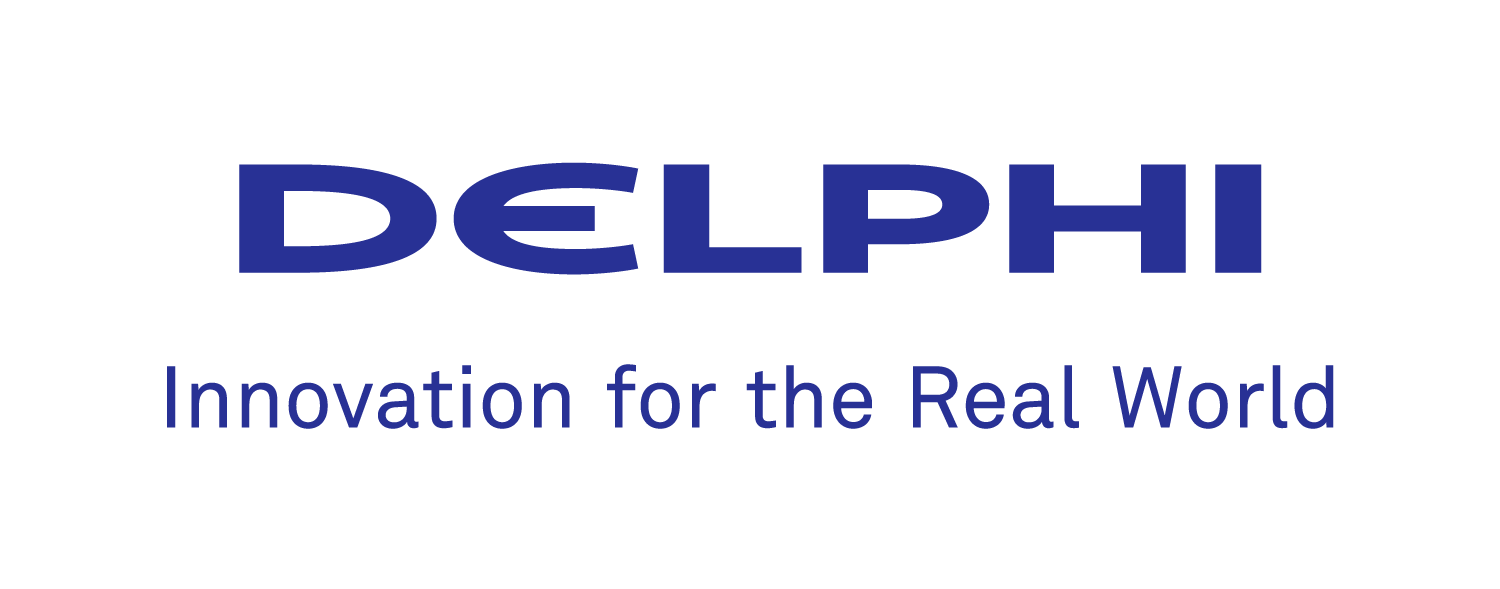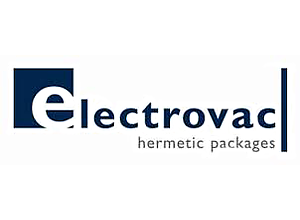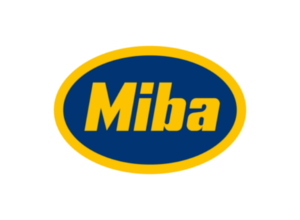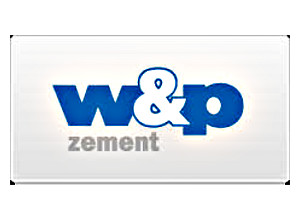The Stage Gate Process of the Future
Progressive companies are developing a new generation of idea to launch processes. Why? Because the world has changed a lot since the first Stage Gate System was implemented – it is now faster paced, more competitive and global, and less predictable. In this context, the traditional Stage Gate Process is often seen as being too linear, too rigid, and too planned to handle more innovative or dynamic projects. It’s not adaptive enough and does not encourage experimentation. It’s not context-based and its gates are too structured or too financially based, and the system is too controlling and bureaucratic, loaded with paperworks, checklists, and too much non-value-added work. (See Cooper, R.G., What’s Next? After Stage-Gate, in: Research-Technology Management, January – February 2014).
The next generation Idea-to-Launch System is…
- Adaptive and Flexible: Iterative developments meaning that a less than 50% defined product can enter development to generate prototypes and evolves, adapting from new information from customer feedback, as it moves through development and testing. There are also fast track versions for projects with lower risk evaluation.
- Agile: The Stage Gate Process of the Future includes elements of Agile Development, the rapid development system developed by the Software Industry. For example, sprints and scrums – short time-boxed increments in which the deliverable is something that can be demonstrated to stakeholders – are part of the new system.
- Accelerated: The focus of the new system is on accelerating the development process. Projects in the system are properly resourced and fully staffed by a dedicated cross-functional team for maximum speed to market. Activities within stages overlap, and even stages overlap.
Robert G. Cooper, the creator of the Stage-Gate® process on current developments:
“Often, taking simple steps, such as removing the time wasters and blockages through value-stream analysis, cuts the time to market dramatically.”
“Leading firms have integrated key elements of the Agile Manifesto into their Stage Gate Processes.”
“Adopting Agile doesn’t mean abandoning Stage Gate. Indeed, the Stage Gate Framework can provide important support for agile development.”
“To my knowledge, no company has yet implemented every element of the next generation system. But some have come close.”
Stage-Gate® is a registered trademark of Stage-Gate Inc.

